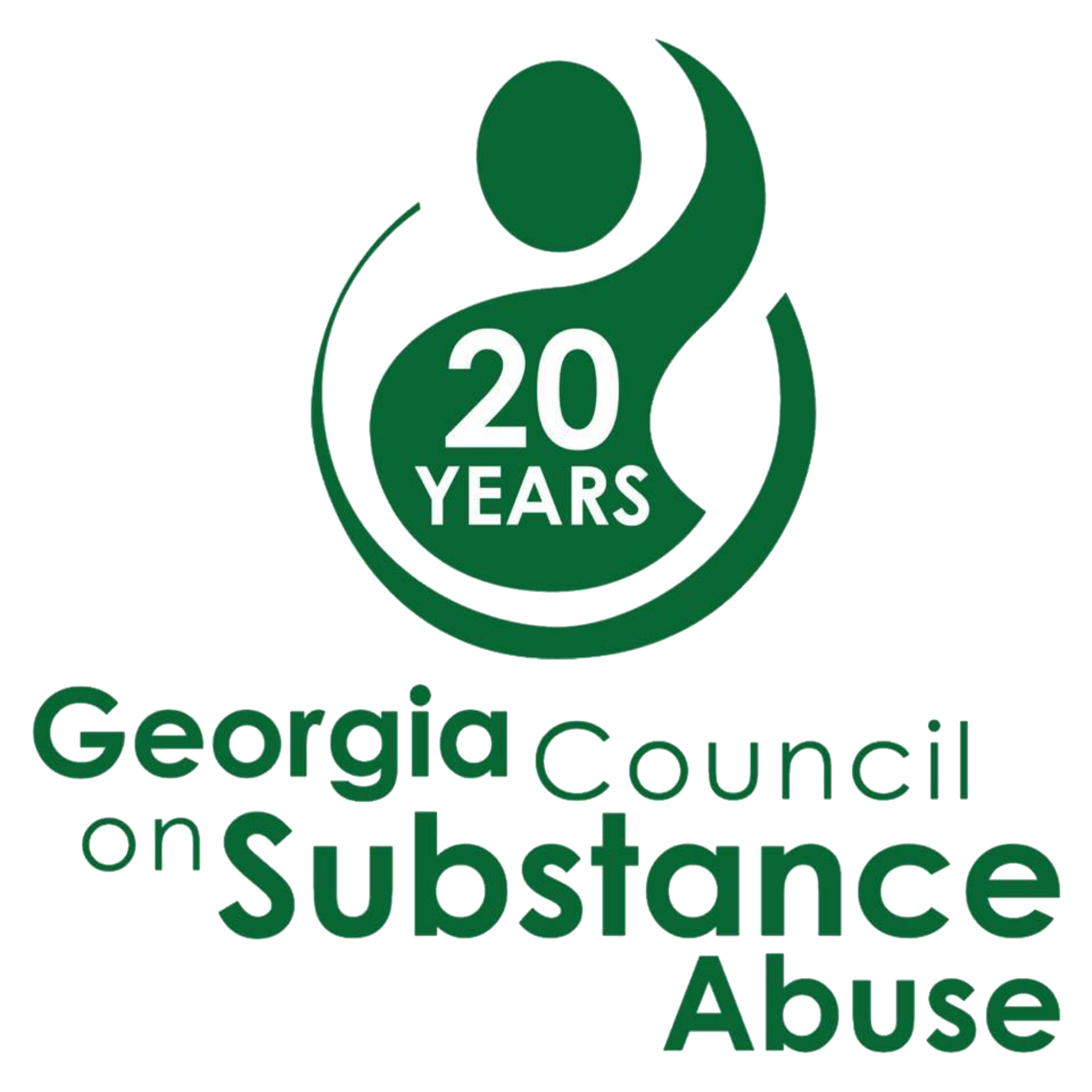Georgians need help.
My role as Speaker of the House allows me to travel all around our great state. Whether it is in downtown Atlanta or the outskirts of Albany, with a state as large as ours – both in terms of geography and population – I talk to a lot of people and I hear a little of everything.
But for the last several years, there’s been a disturbing similarity in a lot of the conversations I’ve had. When it comes to access to mental health services, many of our friends and neighbors are hurting and need help.
In my North Georgia mountain community, our sheriff estimates that more than half the calls to his department are not criminal violations but rather people experiencing a mental health crisis.
I’ve heard from mothers and fathers whose adolescent children – children with bright futures ahead of them – died from suicide.
I’ve met with individuals who have tried time and time again to seek treatment only to be told that the easiest way to get treatment for a mental health issue is to commit a crime and enter the prison system.
After all, the Georgia Department of Corrections is the state’s largest provider of mental health care.
Mental illness is a public policy issue that hides in plain sight. It has no regard for political views or for race, gender, ethnicity, or socioeconomic status.
Mental illness is a problem that touches most every family in Georgia.
And for too long, Georgia has been ranked near the bottom for mental health care access and quality.
For the nation’s best state for business, that’s unacceptable – and a problem we are working to fix.
Earlier this year I was proud to introduce House Bill 1013, the Georgia Mental Health Parity Act. The bipartisan bill is co-sponsored by dozens of colleagues in the House of Representatives including members of leadership from both political parties.
I appreciate the early support this effort received from Gov. Brian Kemp, Insurance Commissioner John King and a host of organizations and advocates.
House Bill 1013 is a comprehensive effort to reform and improve mental health care in Georgia. At more than 70 pages, it is detailed but attempts to take a significant first step toward the change we need to help Georgians.
It is the product of the Georgia Behavioral Health Reform and Innovation Commission which began working more than two years ago. Made up of mental health practitioners and advocates as well as legislators and judges, this commission was charged with thinking big and producing bold proposals for reform. House Bill 1013 does just that.
It proposes to implement parity for mental health – requiring insurers to treat mental health just as they do physical ailments. It attempts to encourage workforce development so we can have enough trained mental health practitioners to provide care across the state – particularly in rural areas where providers are few and far between. It also proposes ways to eliminate barriers to treatment so that Georgians can get help outside of our criminal justice system.
My thanks to Chairman Todd Jones of Forsyth County and Chairman Mary Margaret Oliver of DeKalb County for carrying the bill in the House where it passed with only three ill-informed dissenting votes.
The measure is now before the State Senate where a special subcommittee has been created to hear the legislation.
House Bill 1013 will be combined with more than a hundred million dollars of additional funding in public safety and mental health initiatives in the state budget.
We’re making major investments in the Department of Behavioral Health and Developmental Disabilities (DBHDD) to fund additional crisis beds, implement the new national “988″ crisis hotline and provide long-overdue raises to state workers who work in mental health care.
We’re also investing in additional training for law enforcement officers so they are better equipped to deal with people in crisis and implement co-responder models.
This is not a public policy problem that was created overnight – and it certainly won’t be fixed overnight. But this is an important and substantive step in the right direction.
Working together, we will find a better way forward to help our fellow Georgians who experience a mental health crisis.
Georgians who need help are counting on us.
David Ralston, R-Blue Ridge, is the 73rd speaker of the Georgia House of Representatives. He represents Fannin and Gilmer counties and a portion of Dawson County.

